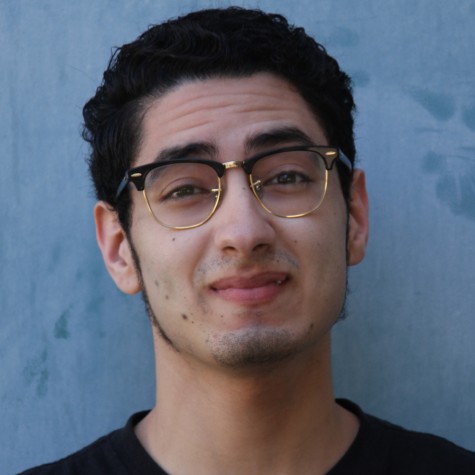Glendale Unified Designates Genocide Commemoration Day
In the Glendale Unified School District April 24 is now being recognized as “Armenian Genocide Commemoration Day” after school board members voted unanimously to approve the measure March 15.
From 1915 to 1923, approximately 1.5 million Armenians were killed by the Turkish government. The genocide continues to be denied by Turkish authorities.
“The district has recognized the historical significance of the day for the last three years by instituting a student-free day to create the opportunity to engage in activities to recognize this important historical event,” said Board President Christine Walters.
GUSD is now the first public school district in the country to commence a day like this. Starting in 2017-2018, every calendar in the district will now have “Armenian Genocide Commemoration Day” embedded.
“You look at all those things we’ve been through,” said board member Greg Krikorian. “It’s progress.”
Officially naming the day offers much more value and meaning to everyone in the city.
“We are doing this because it sends a message to each and every one our students in this district that [everyone] and their story is important,” said board member Jennifer Freeman.
Since Glendale has one of the largest Armenian communities outside of Armenia, classes can be taught in a much more personal and diverse way because of the second-hand knowledge obtained from Armenian students and faculty.
“With our students’ stories and their families stories, we can really bring that [into our classrooms],” said Freeman. “And by valuing that, we are valuing them and this entire community.”
The power of one person connecting with another person creates an admirable understanding of the genocide and a significant step to the resolution.
“It has a true meaning to the community that the whole entire school district is all in this together and [that] we really support it,” said Board Vice President Dr. Armina Gharpetian as she began to get emotional. “This teaches our students to be more proactive in [preventing] genocides from happening in the future.”
The event is not only a part of Armenian history, but also American and world history. For this resolution, including an educational element enlightens the unfamiliar audience of information concerning the genocide and what Armenian-Americans built upon to recover and contribute to America.
“I am very moved by the idea that we are moving toward a greater understanding of [integrating a broadened curriculum] in this country,” said board member Nayiri Nahabedian.
On April 21, a student-presented assembly at Glendale High School will cover topics relating to what Armenian-Americans did in America to help improve the country after the genocide occurred and how they are giving back to the community.
“The non Armenian-American community can educate themselves of what we’ve been through,” said Krikorian. “It’s good to know what your neighbors and co-workers went through and this is definitely a step in the right direction.”
Having the ability to truly embrace the collective cultural history of humanity is important to help educate students on how catastrophes — like the Armenian Genocide — can create appalling circumstances.
“We are very much encouraging this conversation to continue,” said Walters. “Because we clearly have a lot to learn about how we treat each other as humans.”

Mark Nassim is a returning student at Glendale Community College. He prides himself to have an eclectic and eccentric personality which derives from his...
